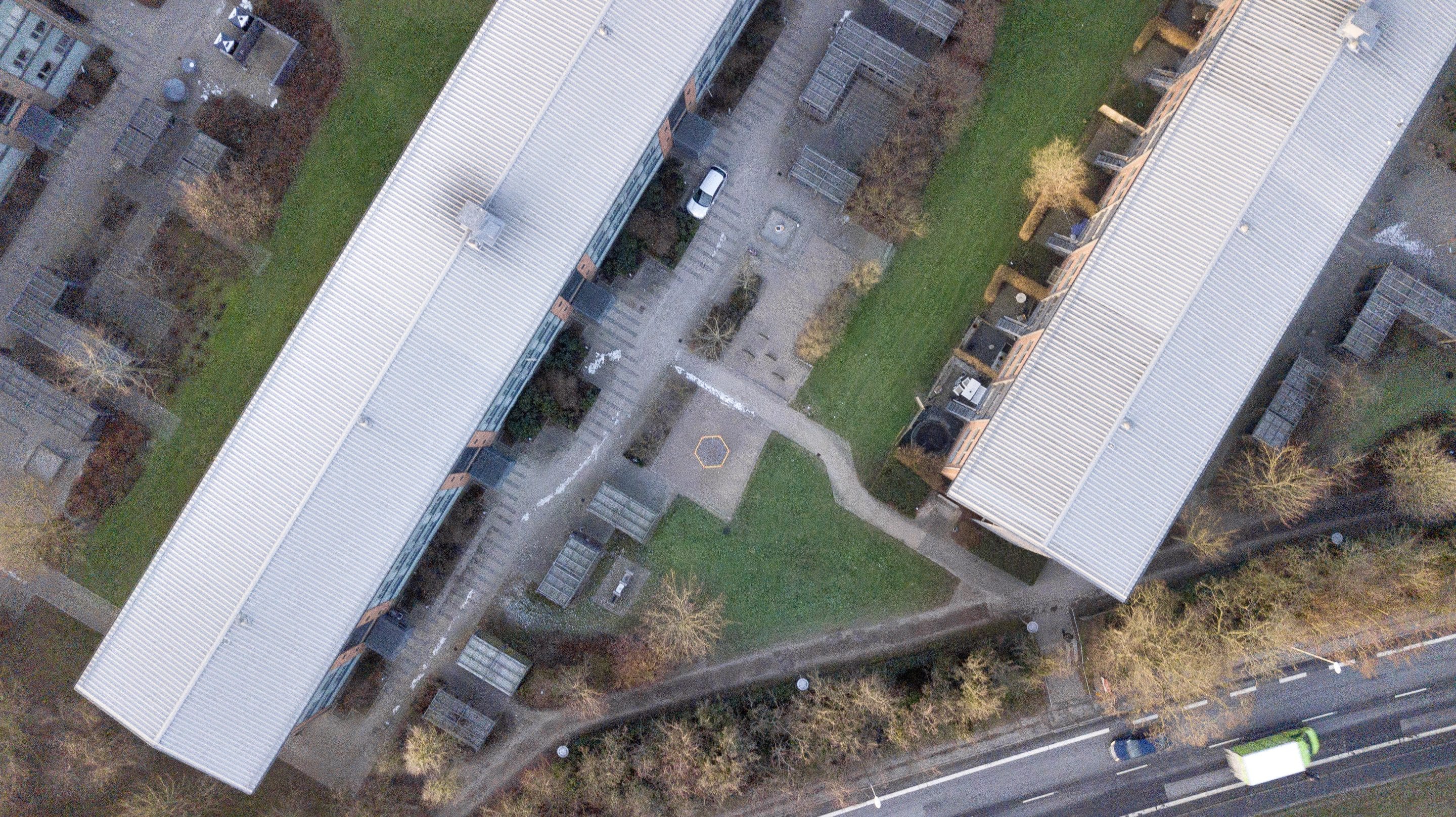Forskningsartikel om social bæredygtighed og blandede boligområder er nu tilgængelig med åben adgang. Artiklen er den første i rækken af flere i forbindelse med chefkonsulent Lasse Kjeldsens phd-projekt, der bliver til i samarbejde med instituttet BUILD, AAU og med støtte fra Realdania.
ABSTRACT
While mixed-tenure regeneration has become a favoured strategy to battle concentrated disadvantage in social housing estates across the western world, the scholarly debate on tenure-mixing remains inconclusive. Some studies show that tenure-mixing can increase resident satisfaction, while others find that it may produce new forms of marginalization of low-income tenants. The mixed evidence in terms of outcomes suggests that further research is needed on viable ways forward for mixed-tenure regeneration. This paper argues that more attention should be directed towards the way project trajectories are shaped at the early stages of regeneration. It turns to the concept of social sustainability and examines how applying this concept as an analytical framework may contribute to understanding planning dilemmas embedded in mixed-tenure regeneration. Drawing on qualitative interviews with 33 practitioners involved in the early stages of mixed-tenure projects in Denmark under the so-called Parallel Society Act, it analyses practitioners’ perceptions of and approaches to tenure-mixing from a social sustainability perspective. The paper finds that the concept is helpful in framing planning dilemmas by sharpening the focus on equity and inclusion, community cohesion and participation in urban regeneration.
